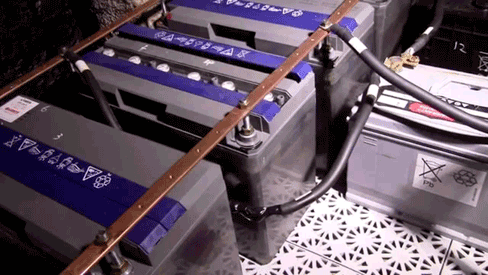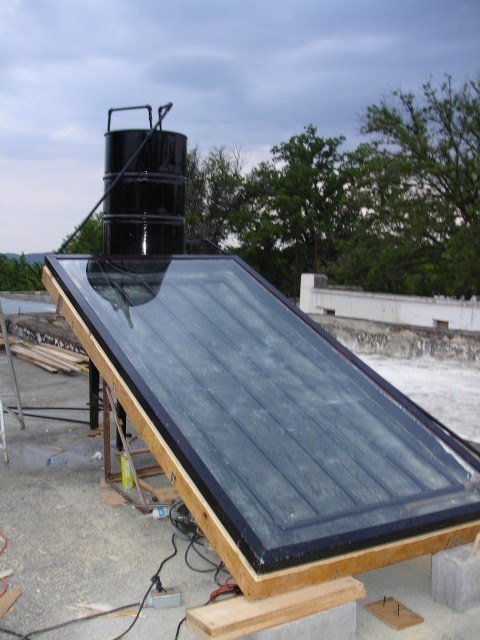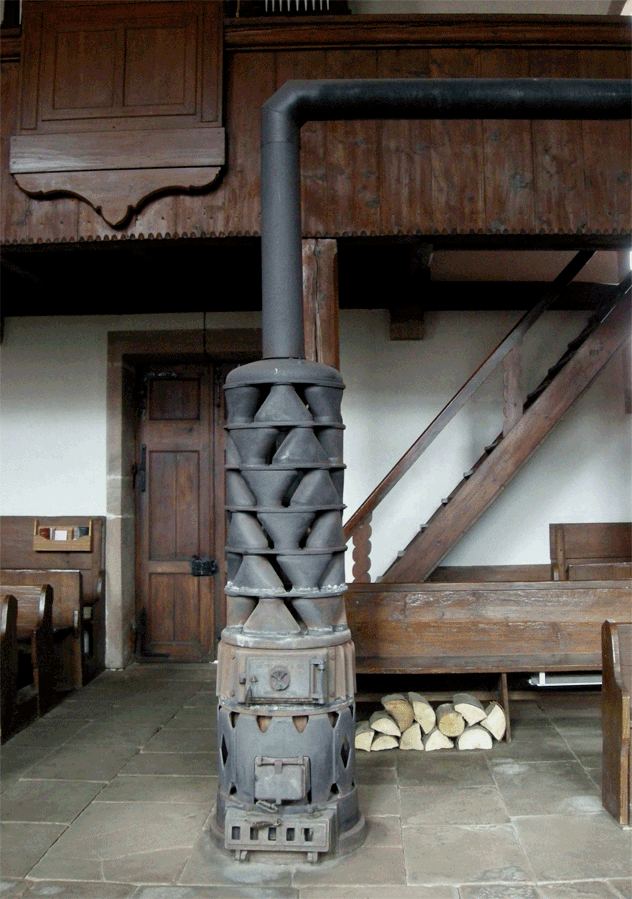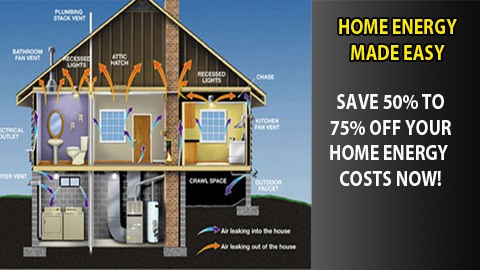
“
Where it is a duty to worship the sun it is pretty sure to be a crime to examine the laws of heat.”
John Morley

Different Types of Off-Grid Water Heating Systems
When building an off-grid lifestyle, you sacrifice the comfort of utilizing one of the modern-day living necessities - electricity. Electricity is mainly used in your everyday routines. Let us discuss one of its uses, which is heating water. Hot water is used for cooking, washing clothes, and taking hot baths. We have all grown accustomed to hot water because it has become a necessity for life.
People living in the past make hot water to take baths, cook meals, and relax. If you wanted hot water for your bath back in the day, you need to boil water then pout it into a basin.
Today, there are several Off Grid Water Heating Systems that you can use to acquire an endless supply of hot water. Depending on what system you want to implement in your home, here are some of the best options you should consider.

Tankless Water Heaters
Tankless water heaters give you an unlimited supply of hot water. It heats the water you need right now so that you won’t waste energy. You can either use propane-fueled or battery-powered tankless water heaters.
1. Propane-fueled
Pros:
• Space saver: Propane-fueled water heaters are designed to be space-efficient. These tanks are usually mounted on a dolly, which makes it a portable water system.
• No energy wasted: Because of the water being heated only when needed, you don’t waste energy heating up a tank of water when you don’t need it.
• Endless hot water: At your disposal, your propane-fueled water heater supplies an unlimited amount of hot water if need be.
Cons:
• Cost: This type of tankless water system sells at a higher price because they need proper ventilation to the outdoors upon installation. It also means that the installation fee cost higher. However, if you live in a place with warm climate conditions, you don't need to worry about ventilation issues.
• Maintenance: Using a propane-fueled water system also means more maintenance in the future. The tank needs an inspection annually to ensure everything works well. It has a more complex design than the battery-powered tanks, so maintaining them means expensive rates as well.

Battery-powered
Pros:
• Less expensive: Battery-powered water heaters cost less than propane-fueled ones. It depends on how many gallons per minute (GPM) you compare it. The installation also costs cheaper because you don't need to use an elaborate ventilation system.
• Less maintenance: All the maintenance you need to do in this type of water system is to clean the tank's filter.
• Saves space: Like propane-fueled tanks, they are also designed to be mounted on a wall or dolly to be mobile.
• Saves energy: Because you only need to heat the water on demand, you don’t waste energy heating a tank of water if you’re not using it.
• No vent: With a battery-powered tankless water heater, you won’t need the use of a ventilation system since it doesn’t exhaust fumes inside your home.
• Unlimited hot water: With a battery-powered water heater, you can get all the hot water you want as long as you turn on the water heater. It heats your water on your demand.
Cons
• Battery Consumption: Since you are using a battery-powered tank, you will need to have many spare batteries to replace the used-up battery installed in your tank.

Solar water heaters
Solar water heaters need to absorb sunlight and solar radiation through their solar panels or solar tubes. It allows water to get heated inside the tank connected to the panels or tubes without electricity. An excellent example of a solar water heater system is the Sunbank. You can install this water system on the roof, and it has the versatility to be installed in other locations.
Pros:
• No movable parts: You don't have to worry about pumps or movable parts in a solar water heating system. Hot water is stored inside the tank. If you turn on the hot water faucet, cold water will be pushed inside the tank, pushing out the hot water to the faucet.
• No monthly expenses: Unlike propane-fueled water heaters, after installing your solar water heater, you don’t have to worry about additional charges or expenses like refilling for propane.
Cons:
• Initial expense: You must be prepared with your budget if you consider installing this Off Grid Water Heating Systems. A 40-gallon solar water heater costs $3000. But the good thing you can take from this is that it pays itself in 8 years compared to a propane-fueled system.
• Depends on the climate: If you live in a sunny area most of the time, you don't need to worry about this problem. But if you don't, then it would be a big problem for you.
• Water supply is limited: After consuming all the hot water inside the tank, you will have to wait for a few hours before hot water is produced again because it relies on the solar energy available at the moment.

Woodstove Water Heaters
The idea of using this water system is not a new invention, and it has gone out of style because people consider more on-grid solutions to heat water than using this kind of system. It relies on using a U-shaped coil installed at the back or side of the wooden stove. Then, the other end of the coil is connected to a boiler, and the water circulates without pumps.
Pros:
• Inexpensive: You can buy a wood stove water heating system for only $180.
Cons
• Appearance: This type of water system looks "unique" to most people. Imagine a big coil wrapped around a wood stove pipe, and it seems funny. It also looks old and does not save space at your home
• Seasonal: The wood stove water heating system only works when you use the woodstove. You won't have other ways to heat water in the warmer months.
Conclusion
There are many Off Grid Water Heating Systems available in the market today. You can opt to use a tankless water system to save space, a solar-powered system to not worry about moving parts or a wood stove water system to save more money. It depends on your preference, but they all have one function, to give you hot water for your everyday needs.

Solar Hot Water Collector: The Best Guide to Building and Installing a Solar Hot Water System
Hello there, fellow solar enthusiasts! It’s great to be talking with you

Hybrid Solar Wind Power Generation System: Best Comprehensive Guide to Building Your Own Renewable Energy Solution
Hello there! If you are looking for an alternative energy source that

Solar Heating System: Best Comprehensive Guide to Building and Installing a Solar Heating System
As a solar heating system expert, I have seen firsthand how this

Solar Cooling: How to Keep Your Home Cool with Solar Energy?
Hey there, folks! As a solar cooling consultant with years of experience

Stand Alone Solar Power System: How to Build an Off-Grid Solar Power System for Your Home?
As the demand for sustainable energy solutions increases, stand alone solar power

Solar Heating Systems: The Different Types and Benefits Of Solar Heating Systems
As a solar heating systems expert, I know that these innovative technologies

